There’s a quiet revolution happening in our kitchens—and it’s not just about sourdough starters or oat milk. It’s about using food as functional medicine, not just fuel. Inflammation is the root of nearly every chronic condition, from fatigue to brain fog to autoimmune flares. But before reaching for the pharmacy aisle, many of us are turning inward, to our pantries.
These aren’t trendy powders with impossible price tags. They’re humble, powerful staples hiding in plain sight. Spices, oils, seeds—each one with the ability to dial down inflammation and restore balance. You don’t need to biohack your body—you just need to cook like your health depends on it.
1. Green Tea

Green tea is like your calm, hyper-intelligent best friend who also happens to be a nutritionist. It contains EGCG (epigallocatechin gallate), a compound shown to block inflammatory pathways linked to chronic disease and aging. It’s also packed with antioxidants that support detoxification and cell repair. Plus, it’s naturally anti-anxiety thanks to the amino acid L-theanine.
You don’t need to go matcha-crazy—basic green tea still brings the magic. Sip it hot or cold, with lemon, mint, or just as is. Daily use has been linked to reduced risk of cancer, cardiovascular disease, and cognitive decline. It’s simple, elegant, and entirely underrated.
2. Turmeric
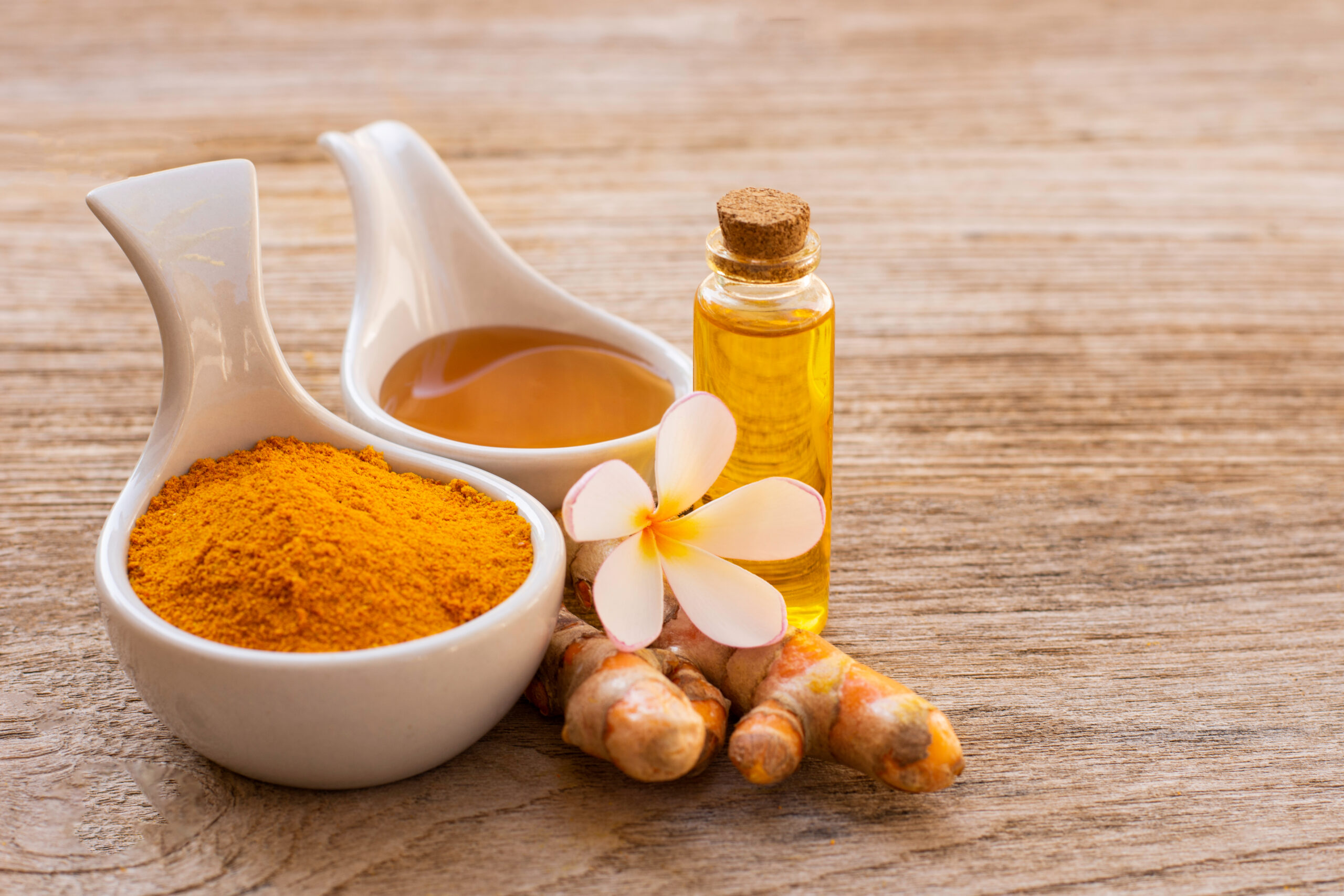
This golden goddess has been a staple in Ayurvedic medicine for centuries, and for good reason. The active compound curcumin is a potent anti-inflammatory and antioxidant, as shown in studies published in PubMed, to rival over-the-counter pain relievers. It works by blocking NF-κB, a molecule that activates inflammation at the cellular level. Translation: it gets to the root before the fire starts.
For optimal absorption, pair turmeric with black pepper, as piperine enhances curcumin bioavailability by up to 2,000%. Add it to soups, smoothies, roasted veggies, or even golden milk for a cozy hit of healing. It’s not spicy—it’s earthy and complex, like your favorite low-key friend who’s secretly a genius. And the glow-up for your joints, gut, and skin is very real.
3. Ginger
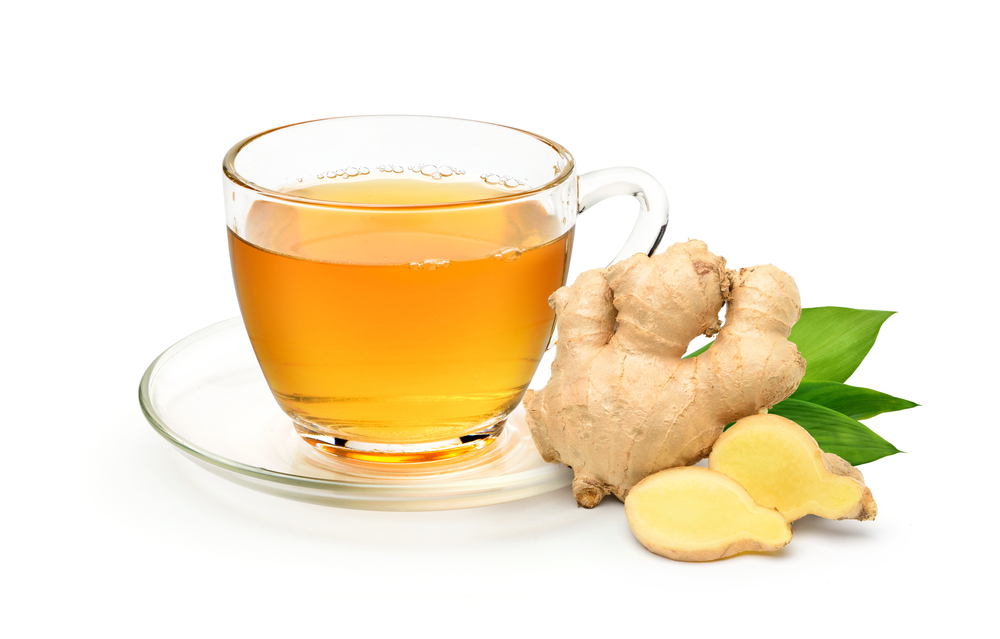
Ginger doesn’t just soothe nausea—it’s a straight-up anti-inflammatory powerhouse according to John Hopkins Medicine. Its compounds, like gingerol and shogaol, work similarly to NSAIDs by suppressing inflammatory pathways, but without the gut-wrecking side effects. It’s been shown to reduce muscle soreness, period pain, and even blood sugar levels. And the best part? It’s delicious.
You can juice it, grate it into stir-fries, steep it as tea, or toss it into salad dressings. Fresh or powdered, both work, though fresh ginger has more potent enzymes. It’s sharp, spicy, and gets things moving—circulation, digestion, inflammation, all of it. Keep it stocked like it’s your holistic MVP—because it is.
4. Cinnamon
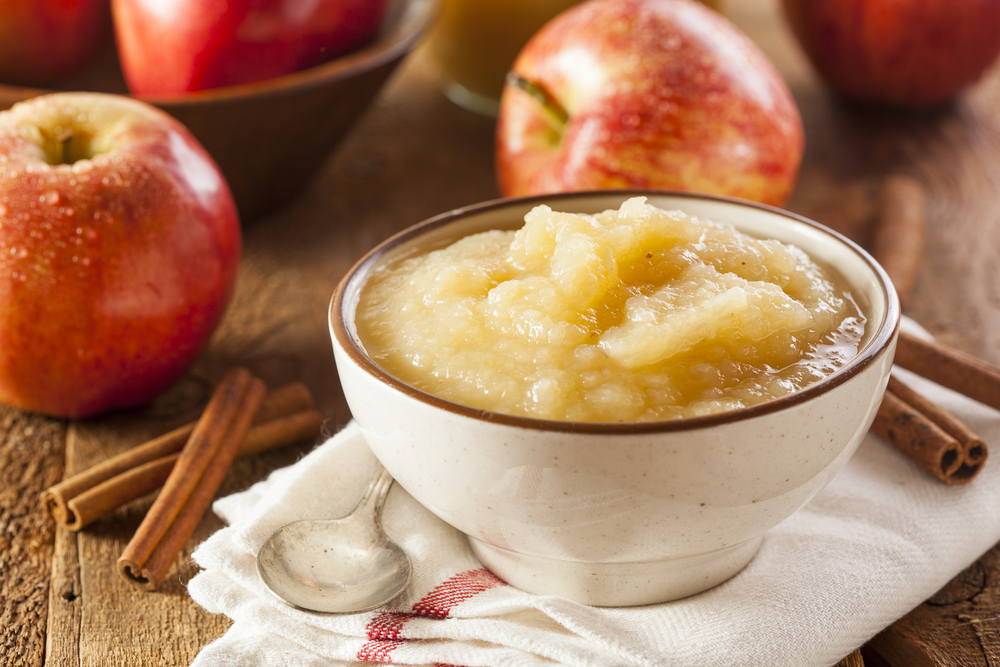
Cinnamon isn’t just for French toast and fall vibes. This sweet spice is rich in polyphenols that help reduce inflammation and stabilize blood sugar levels. Ceylon cinnamon, in particular, contains lower levels of coumarin (a liver-toxic compound found in the more common cassia cinnamon), making it the better choice for daily use. It’s warming, grounding, and therapeutic.
According to a 2020 review in Pharmacognosy Research, cinnamon has significant anti-inflammatory, antioxidant, and antimicrobial effects. Try it in your coffee, oatmeal, or sprinkled over roasted squash. It’s sweet without sugar, medicinal without bitterness. And your blood sugar—and brain—will thank you.
5. Olive Oil
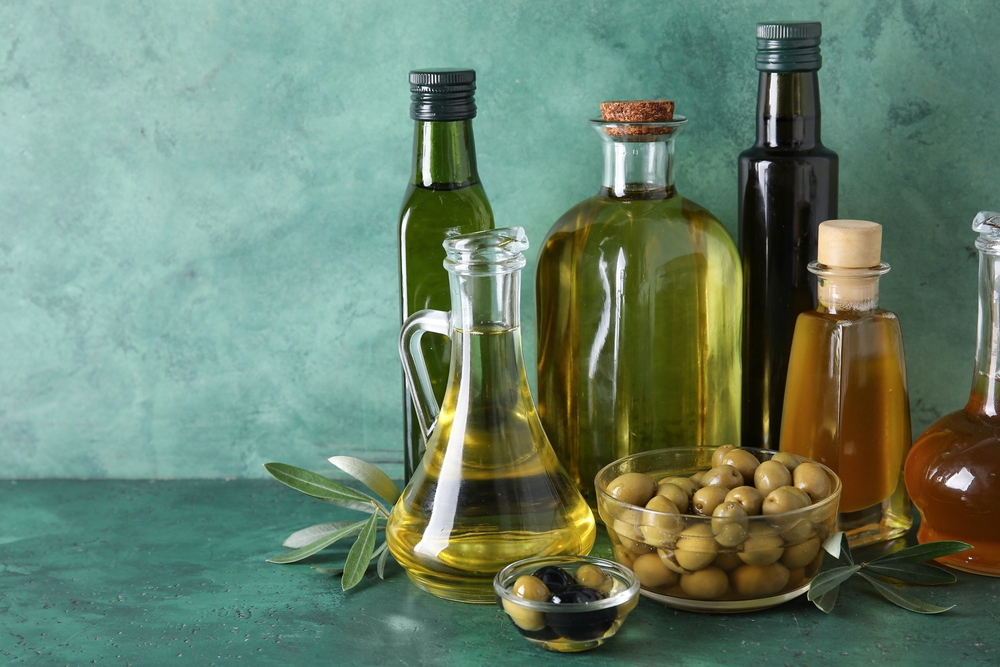
Extra virgin olive oil is liquid gold for your cells. It’s rich in oleocanthal, a compound with anti-inflammatory effects comparable to ibuprofen, but without the gut damage. It also delivers heart-healthy monounsaturated fats and polyphenols that soothe systemic inflammation. Drizzle it raw, and don’t skimp—this is one pantry staple where quality matters.
Choose cold-pressed, dark glass bottles, ideally from a single origin for freshness and purity. According to the European Journal of Nutrition, regular EVOO consumption reduces inflammatory markers in both healthy and chronically ill individuals. Think of it as medicine you pour—not pop. A generous glug a day keeps inflammation at bay.
6. Black Pepper
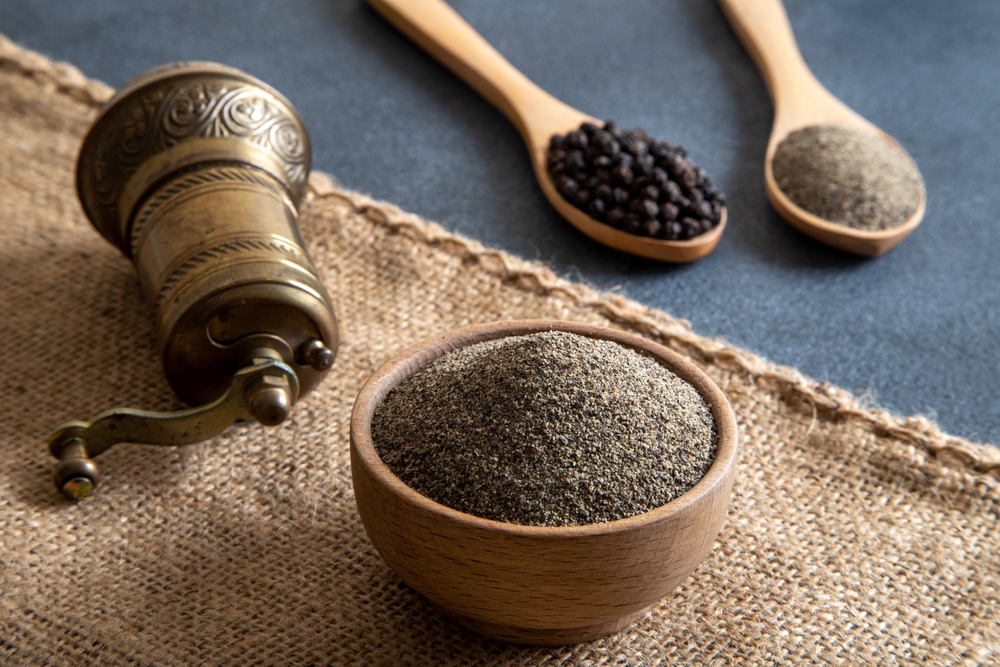
It’s not just a seasoning—it’s an inflammation-fighting catalyst. Black pepper contains piperine, which not only enhances nutrient absorption (hello again, turmeric) but also reduces oxidative stress and inflammation on its own. Studies have linked piperine to lowered levels of pro-inflammatory cytokines and improved gut function. Basically, it’s a spice with strategy.
Use freshly ground black pepper, not the pre-ground stuff that’s been sitting in your cabinet since the Bush administration. Add it to soups, stews, eggs, and yes, even your smoothies if you’re bold. It’s sharp, stimulating, and quietly essential. Pepper isn’t an afterthought—it’s a tool.
7. Cloves
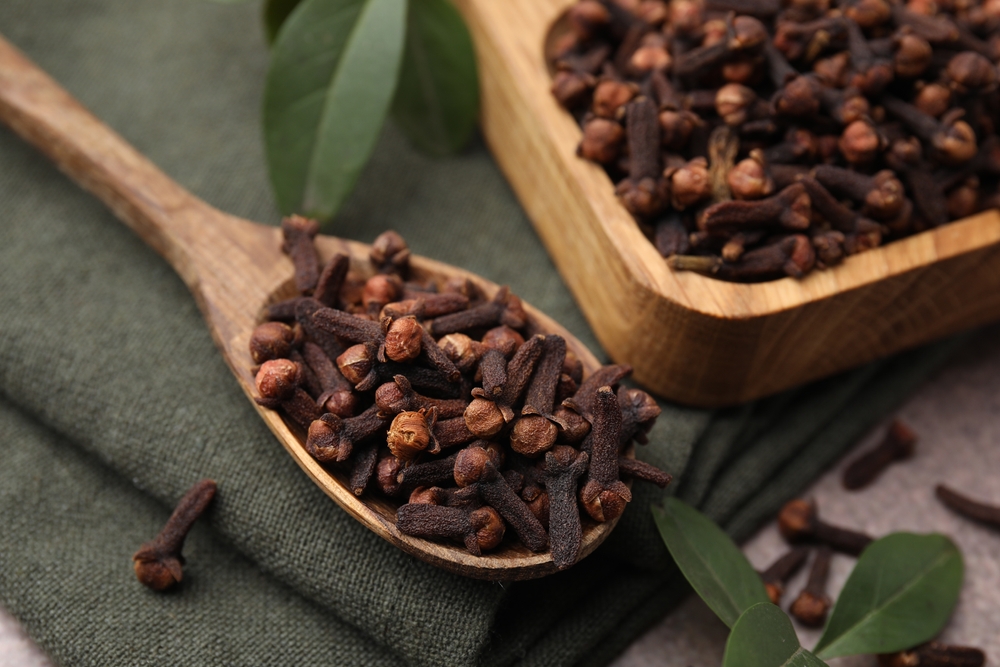
Cloves are the dark horse of anti-inflammatory pantry heroes. They contain eugenol, a powerful compound that fights inflammation and pain, especially in joints and the digestive system. Traditional medicine has used them for toothaches, sore throats, and gut issues—and now science is catching up. These little spice bombs are as medicinal as they are aromatic.
Steep them in tea, grind them into spice blends, or add a pinch to curries and baked goods. A little goes a long way—it’s potent stuff. Their warming, slightly sweet flavor is bold but complex. And they’re especially helpful when inflammation shows up as bloating, muscle pain, or tension headaches.
8. Garlic
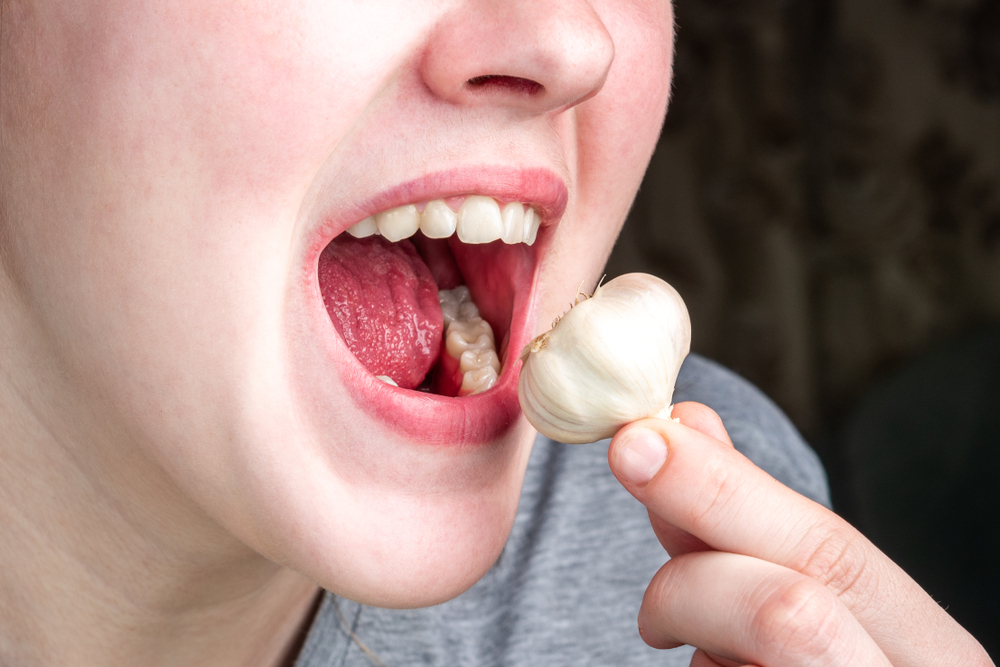
Garlic doesn’t just ward off vampires—it crushes inflammation too. Its active compound, allicin, has been shown to reduce inflammatory markers like CRP and interleukins, particularly in chronic conditions like arthritis and heart disease. It’s also antimicrobial and immune-supportive, making it a triple threat for your wellness routine. Raw garlic is the most potent, but even cooked, it’s still powerful.
Use it liberally—minced into dressings, blended into hummus, sautéed into everything. The bite may be bold, but so are its healing benefits. And if you’re worried about garlic breath? That’s just the scent of anti-inflammatory confidence.
9. Chili Flakes

Capsaicin, the compound that gives chili its heat, is also a potent anti-inflammatory. It works by desensitizing nerve receptors involved in pain and inflammation, making it especially useful for muscle soreness and metabolic health. It also increases circulation and stimulates the release of endorphins—your body’s natural painkillers. Spicy? Yes. Medicinal? Absolutely.
Sprinkle it into stir-fries, soups, or over avocado toast for a fiery kick. Start small if you’re heat-sensitive—capsaicin builds tolerance over time. It’s not just flavor—it’s function. And your body will learn to love the burn.
10. Apple Cider Vinegar
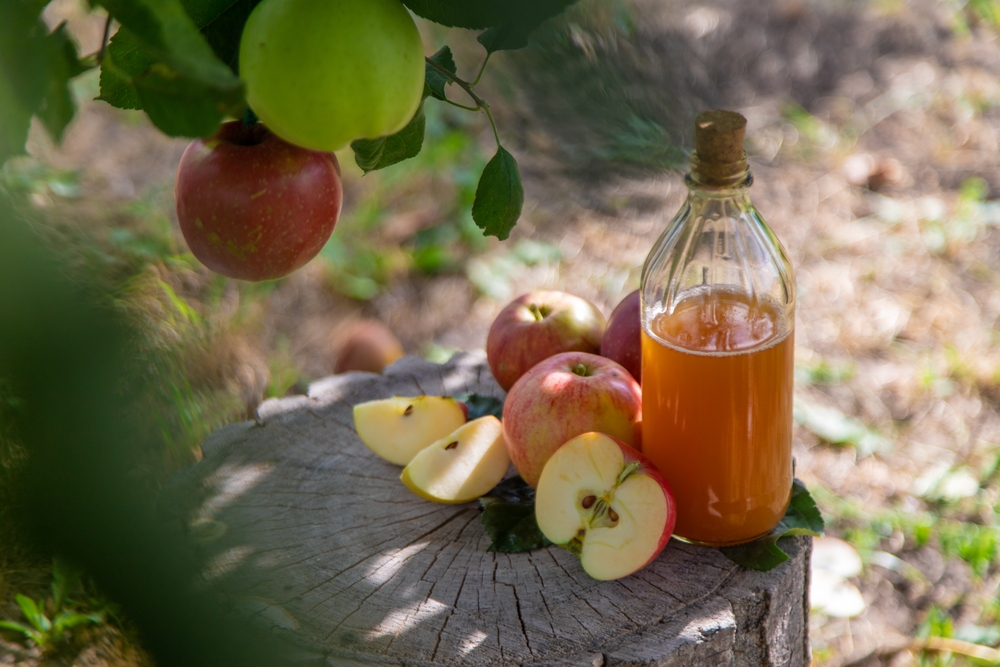
Raw, unfiltered apple cider vinegar (with the “mother”) is anti-inflammatory, antimicrobial, and metabolism-boosting. Its acetic acid content helps regulate blood sugar and insulin levels—two major players in systemic inflammation. It also aids digestion by increasing stomach acid and promoting healthy gut flora. Basically, it’s a little bottle of biochemical balance.
Dilute a tablespoon in water before meals or use it in salad dressings, marinades, or sipping tonics. Just don’t take it straight—it’s too acidic and can damage enamel. Think of it as a reset button in liquid form. A sour little miracle worker with long-term benefits.
11. Mustard Seeds
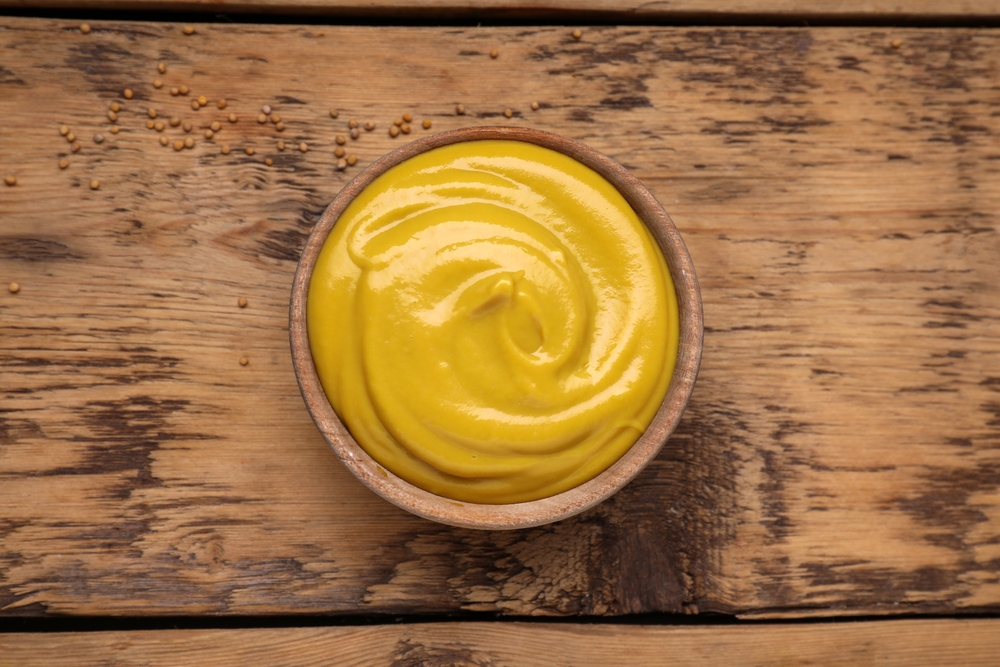
Mustard seeds are tiny but fierce. They contain selenium and magnesium—minerals known for reducing inflammation and improving immune function. Their spicy bite comes from glucosinolates, which have been studied for their cancer-fighting and anti-inflammatory properties. These seeds aren’t just garnish—they’re therapeutic.
Toast them for curry bases, grind them for spice rubs, or mix into vinaigrettes. They add depth, heat, and nutritional weight to any dish. Mustard seeds are the quiet rebels of the pantry—always underestimated, never irrelevant. And your joints, liver, and gut will thank you for the upgrade.
12. Rosemary

This fragrant herb is more than an aromatic—it’s a neuroprotective anti-inflammatory. Carnosic acid, one of rosemary’s active compounds, has been shown to reduce oxidative stress and calm inflammation in the brain and body. It’s especially beloved for supporting memory, focus, and immune resilience. Not bad for a backyard herb.
Use fresh or dried rosemary in roasted vegetables, sauces, or infused oils. Even steeping it in hot water for a makeshift tea brings benefits. It’s woodsy, sharp, and grounding. And it turns every dish into a healing ritual.
13. Raw Honey
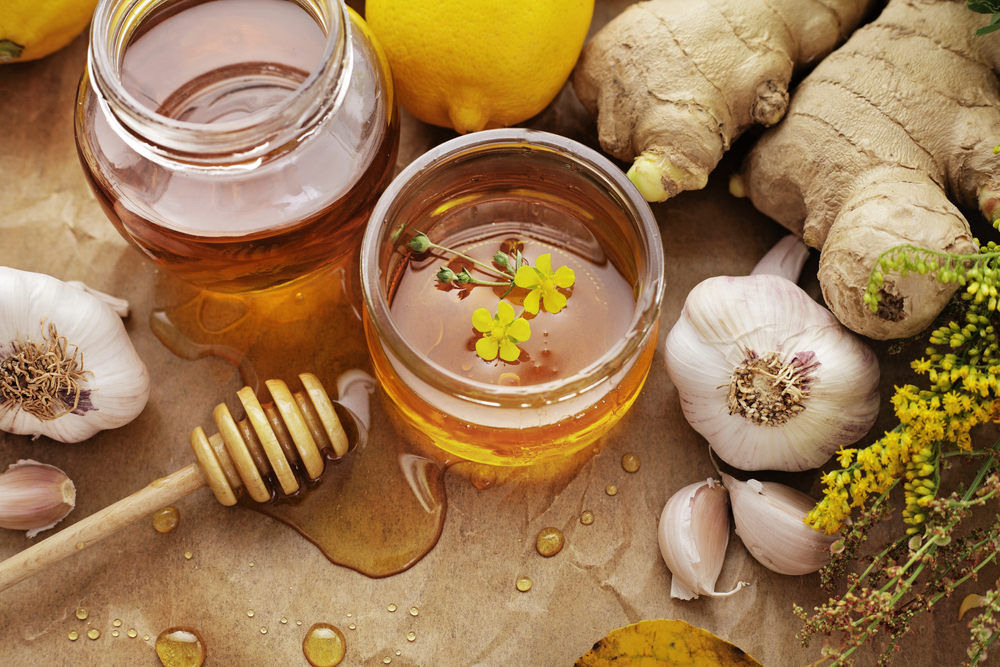
Raw honey isn’t just a sweetener—it’s a natural anti-inflammatory loaded with enzymes, antioxidants, and trace minerals. Its anti-microbial and wound-healing properties have been studied for centuries. But what’s especially powerful is its ability to reduce inflammation in the throat, gut, and skin. It’s nature’s version of soothing.
Drizzle it into tea, yogurt, or salad dressings—just keep it raw and unfiltered for full benefits. Processed honey won’t cut it. A spoonful a day isn’t just old-school wisdom—it’s solid science. And your immune system loves a little sweetness with a purpose.
Natasha is a seasoned lifestyle journalist and editor based in New York City. Originally from Sydney, during a stellar two-decade career, she has reported on the latest lifestyle news and trends for major media brands including Elle and Grazia.


